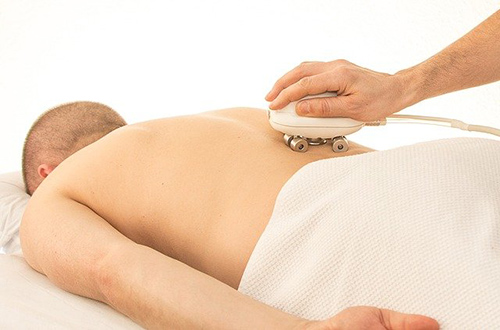
People suffering from kidney failure should seek out and consume as many kidney friendly foods as possible. Kidney failure is the loss of the organ’s capacity to produce urine and expel the waste material produced within the body. There are two types of kidney failure:
- Acute, which requires hospitalization.
- Chronic, which is the type considered in this article. It typically evolves progressively throughout life. In serious cases, kidney dialysis becomes necessary to remove the toxins from the blood that the kidneys are no longer capable of eliminating through the urine.
Most vegetables via a vegetarian diet are among the top kidney friendly foods. They have many advantages over the omnivorous diet in cases of kidney failure: generally, it contains less sodium and phosphorous, as well as fewer proteins and substances that overload the kidneys. The kidney friendly foods in this article should be increased and the bad foods should be eliminated or decreased, within the scope of a treatment plan established by a specialist. Everything on this kidney friendly foods list can contribute appreciably to improving the course of kidney ailments.
Kidney Friendly Foods
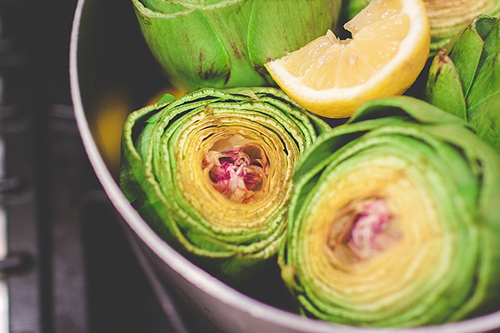
ARTICHOKE: Artichokes increase urine production as well as the elimination of urea, a substance that accumulates in the blood in cases of kidney issues. Regular artichoke consumption is very beneficial when the kidneys lose their capacity to function.
SQUASH: Squash pulp is a great kidney friendly food because it is a mild diuretic that benefits renal function. Since they contain very little sodium, phosphorous, and proteins, squash is very suitable for cases of kidney failure.
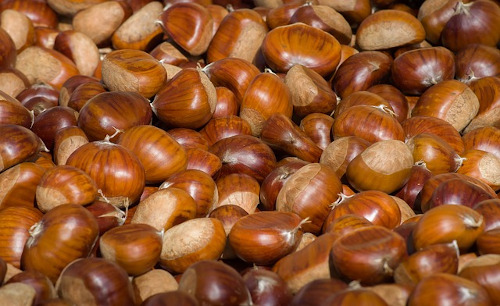
CHESTNUT: Chestnuts are alkalizing, which partially compensates for the acidification of the blood produced in cases of kidney failure. They also contain few proteins concerning their caloric content, and are low in sodium and phosphorous, all of which benefits weakened kidneys that cannot function satisfactorily.
DATES: Dates contain few proteins in proportion to their rich energy content, which makes them a great food for kidney health.
CORN: Corn grains have a slight diuretic effect (although inferior to that of the silky styles of the ear). Its proteins do not overload the kidney function. It is a nutritious food well tolerated by those suffering from renal disease.
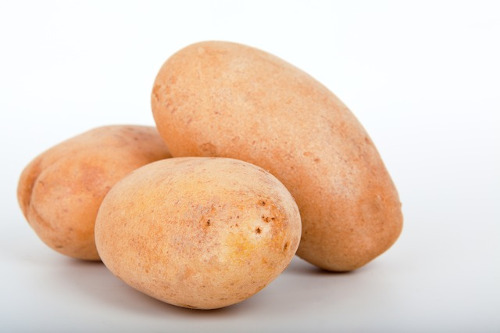
POTATO: Potatoes should be on every diet chart for kidney patients. They alkalize the blood, neutralizing the acidity produced by renal failure. They also promote the excretion of waste substance and contain relatively few proteins, no sodium, and little phosphorous, function. They are rich in potassium and should be avoided in advanced cases of kidney failure.
FISH OIL: It has been shown that fish oil supplements are among the best foods good for kidneys and liver function because they’re rich in omega-3 fatty acids and given over a period of at least two years slow down the loss of liver function in patients suffering from renal failure due to IgA nephropathy.
Foods Bad for Kidneys
PROTEINS: Products left after the body has metabolized and utilized proteins such as uric acid, urea, creatine, and various acids, are toxins that must be removed from the body by the kidneys. When these organs fail, toxins accumulate dangerously in the body. It is therefore essential to consume only those proteins that are vital to maintaining the nitrogen balance. Protein restriction also improves the course of the disease.
SODIUM: Weakened kidneys lose their ability to properly eliminate sodium, the primary component of table salt. Sodium retention within the body produces edemas in the tissues. Daily sodium consumption should not exceed 500 mg, approximately 1.25 g of table salt. Processed foods and animal-based foods are the highest in sodium, which makes them among the top foods bad for kidneys.
SHELLFISH: Shellfish often contain a variety of toxins, which, if they cannot be excreted in case of kidney failure, can produce very serious intoxications.
MEAT: Meat is among the top foods bad for kidney disease because of its uncanny ability to overload the kidneys. Additionally, meat, like shellfish and, to a lesser extent, fish, contains nitro-generated non-protein substances such as creatine, urea, and a variety of purines which must be eliminated from the body by the kidneys. When these organs cannot perform their function, meat consumption poisons the body and the course of the disease deteriorates.
PHOSPHOROUS: As the kidneys lose their ability to function, the blood phosphorous level increases. Metabolic acidosis (decreased pH of body fluids caused either by the accumulation of acids or by abnormal losses of alkalinity from the body, as in diarrhea or kidney disease) and bone decalcification (the loss of calcium) results. Grains, nuts and animal products provide the highest levels of phosphorous. A specialist must prescribe a diet for kidney disease that does not exceed 800 mg (the RDA or recommended dietary allowance).
POTASSIUM: Mild to moderate cases of kidney failure requires no restriction of potassium. However, serious cases result in oliguria (scanty urine output), when the kidneys lose the ability to excrete it through the urine, and cardiac function can be affected. Potassium is found primarily in plant-based foods. Therefore, a specialist should establish a kidney friendly diet that does not exceed the RDA (recommended dietary allowance) of 2 g daily.
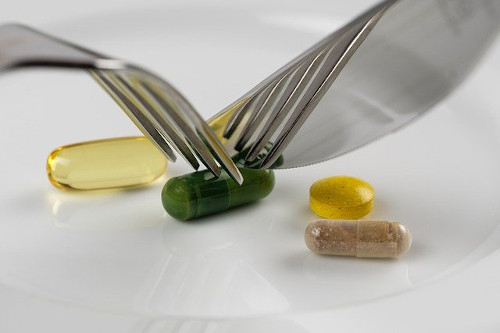
VITAMINS AND SUPPLEMENTS: Since the kidneys’ capacity to eliminate excess vitamins and minerals is considerably reduced in cases of kidney failure, their levels in the blood can increase to toxic levels. Vitamins and supplements, in particular, should be avoided, since it presents the highest risk of toxicity, this risk does not exist in the case of provitamin A, from vegetable sources.
DISCLAIMER: Any and all content on this website is presented solely for educational and informational objectives. You should not rely on the information provided as a replacement for advice, diagnosis, or treatment from a qualified medical expert. If you are pregnant, nursing, or have any preexisting medical concerns, you should talk to your doctor before using any herbal or natural medicines.
REFERENCES
- George D. Pamplona-Roger, M.D. “Encyclopedia of Foods and Their Healing Power.” George D. Pamplona-Roger, M.D. Encyclopedia of Foods and Their Healing Power. Trans. Annette Melgosa. Vol. 2. Chai Wan: Editorial Safeliz, 2005. 245-246. [kidney friendly foods]
- National Kidney Foundation: Comprehensive information on kidney health, including dietary recommendations and guidelines for patients with kidney disease. https://www.kidney.org/
- American Society of Nephrology: Resources and scientific publications related to nephrology, including dietary impacts on kidney health. https://www.asn-online.org/
